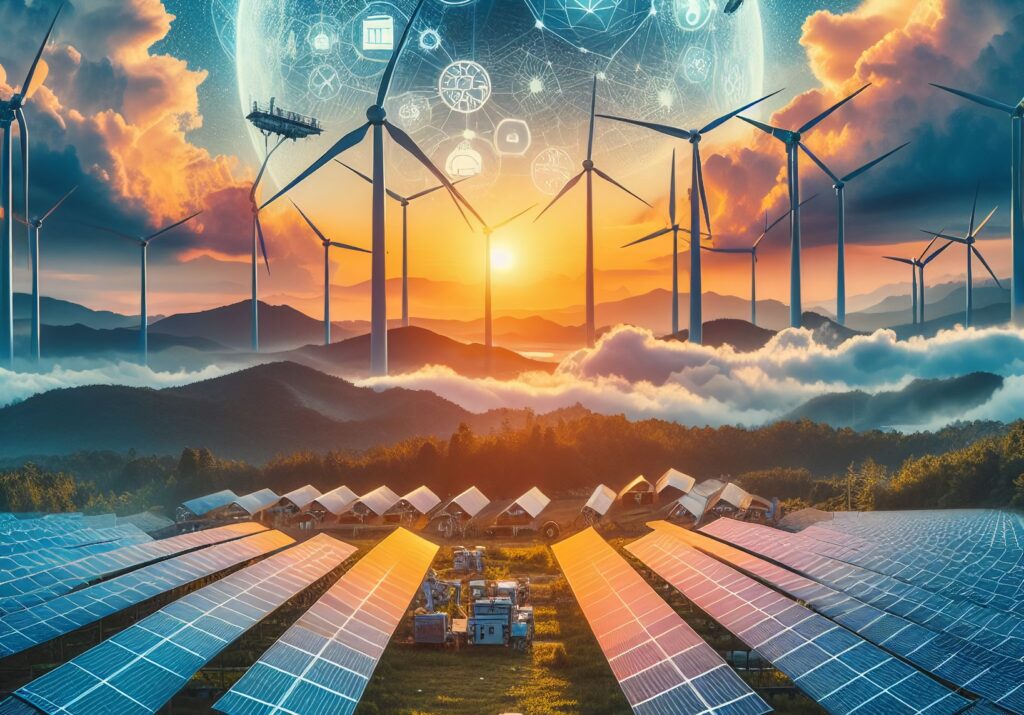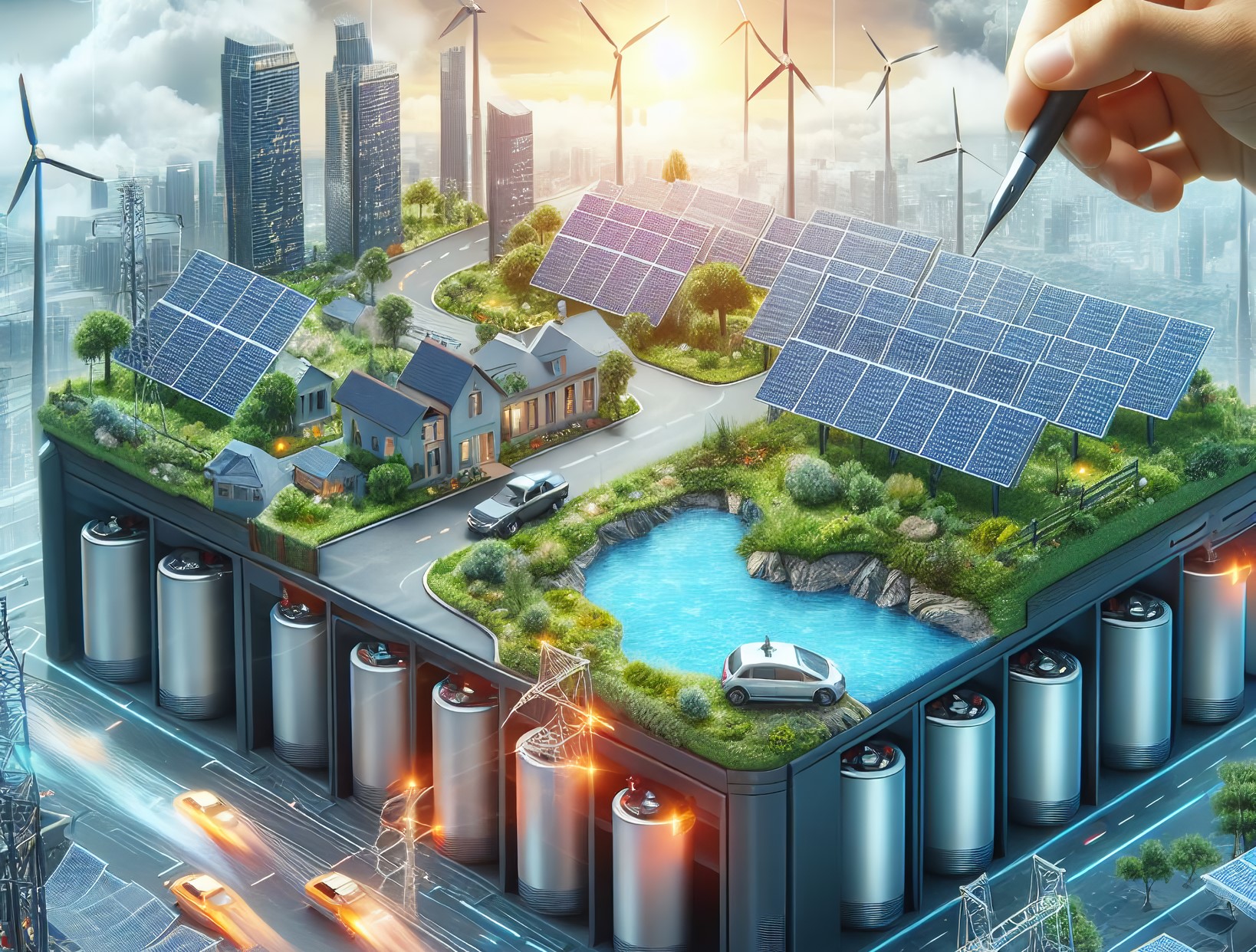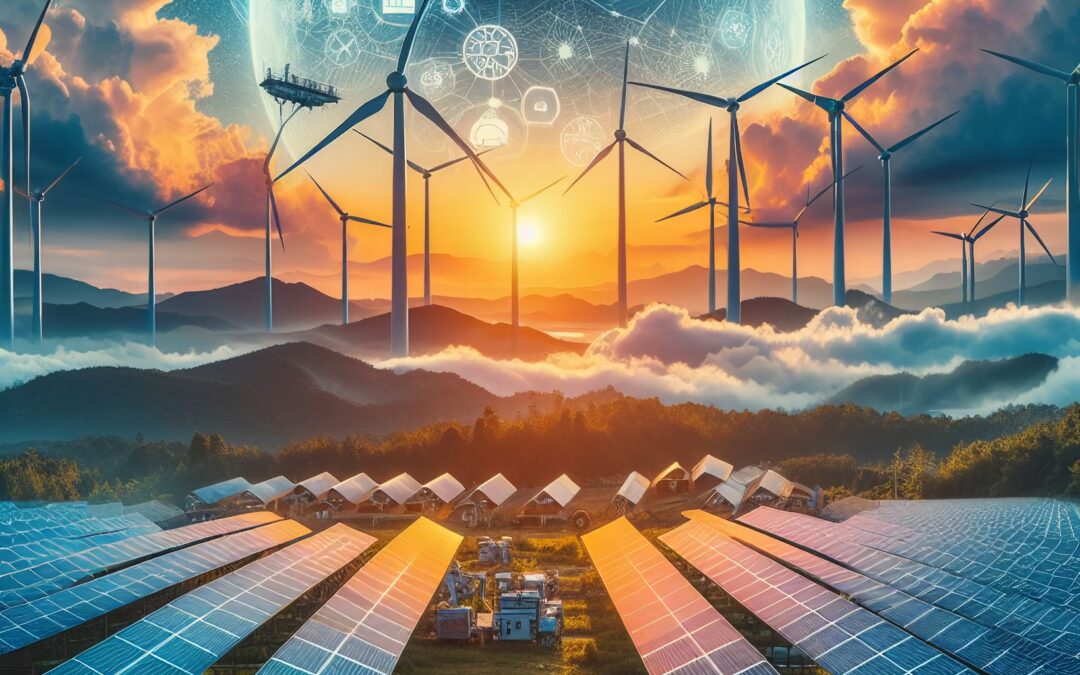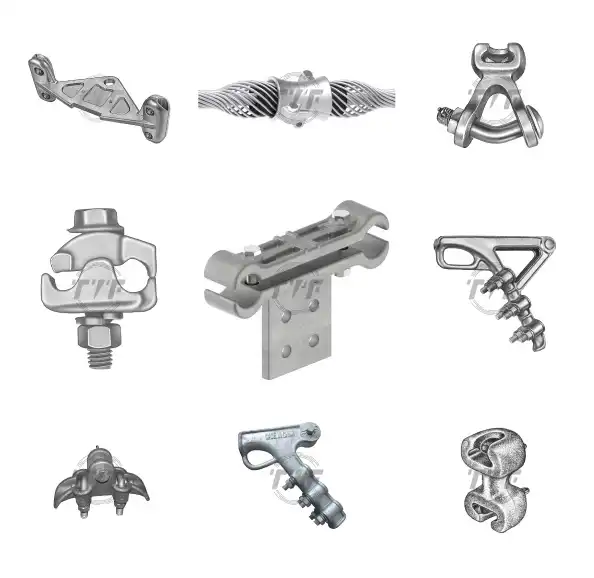- Statkraft’s hybrid energy project in Chile requires the use of various technologies. These technologies include battery energy storage and smart grids.
- The development leads to various environmental benefits for the country. This is including improved air quality and reduced climate change effects.

Chile is on the verge of being a major producer of clean energy from the renewable energy projects under development. The Skatkraft company announced the development of hybrid energy in Chile. This includes construction of solar panels, wind farms, battery energy storage systems and substations. The combination of the two energy sources would reduce the use of fossil fuels in the country. This could also help to reduce the emissions of greenhouse gases. This could also lead to meeting their set climatic goals. the construction is set to start in May 2026 and operation commencing in May 2029.
Utility fasteners includes tool and components used for domestic appliances and high-tech gadgets. They serve as non-permanent joints to avoid abrasion and damage of various parts. The fasteners play roles in hardware and mechanical areas as crucial components to power systems. They include bolts, nuts, washers, screws and some clamps.
Vientos de Desierto, is the name of the hybrid renewable project in northern Chile. It will lead to various benefits to the country. This is including economic development, technology advancement, clean energy production and energy security. It also faces various challenges such as environmental approval, grid integration and intermittency.
Technologies supporting the hybrid renewable energy development in Chile
The development of this project showcases the commitment to harness the combined power of wind and solar. This development by Skatkraft requires the use of various technologies and innovations. However, these technologies are not only exclusive in Chile. Other countries could adopt the technologies to improve their projects. Utility fasteners are from high strength materials. these materials help to ensure the secure connections of the systems. The following are the technologies included in the Vientos del Desierto project.
- Advanced grid infrastructure – this includes upgrading transmission lines and substations to handle the variable power flow. It may also include flexible AC transmission systems to manage voltage. This is crucial for promoting grid stability and resilience.
- Smart grid technologies – this involves integrating the renewable energy sources with the grid. It also includes use of intelligent sensors and communication networks. This is to balance and minimize power disruptions.
- Battery energy storage systems – the project developers could involve the use of lithium-ion batteries. This is to store surplus energy from wind and solar plants. This helps to provide energy during peak demand hours without overwhelming the grid. Utility fasteners are from galvanized steel to prevent them from rusting or corroding in air.
- Advanced management systems – this includes use of AI-powered algorithms to predict weather patterns and analyse real time energy generation data. This could help operators to optimize energy storage and grid operations.
- Demand response – this involves the use of smart meters to adjust the energy usage of customers on real-time pricing and grid needs.

Environmental benefits of reducing fossil fuel dependence in Chile
Chile’s hybrid renewable energy development serves as a beacon of hope for clean energy future. The benefits of fossil fuel reduction extend beyond Chile as it also leads to reduction of global dependence on fossil fuels. It also helps to mitigate climate change on a larger scale to protect the shared ecological resources. The benefits of Skatkraft hybrid project could ripple across continents and create a healthier planet for future generations. Fasteners can also help in regular appliances for household and tech gadgets. The following are the various environmental benefits of the Skatkraft hybrid project in Chile.
- Mitigating climate change – the use of fossil fuels lead to the production of harmful pollutants to the environment. The use of wind and solar power in Chile could reduce the consequences of climate change.
- Improved air quality – use of renewable energy in Chile leads to cleaner air which leads to improved public health and healthcare costs.
- Ecosystems – use of fossil fuels disrupts the ecosystems and endanger biodiversity globally. Use of renewable energy such as wind and solar in Chile could protect natural habitats for ecosystems.
- Water conservation – fossil fuels power plants use massive amounts of water for cooling which leads to competition for water. Use of hybrid renewable have lower water footprints to preserve water resources.
- Environmental safety – the transition to hybrid renewables ensures a fairer distribution of environmental benefits. This helps to safeguard the health and well being of the various local communities.


